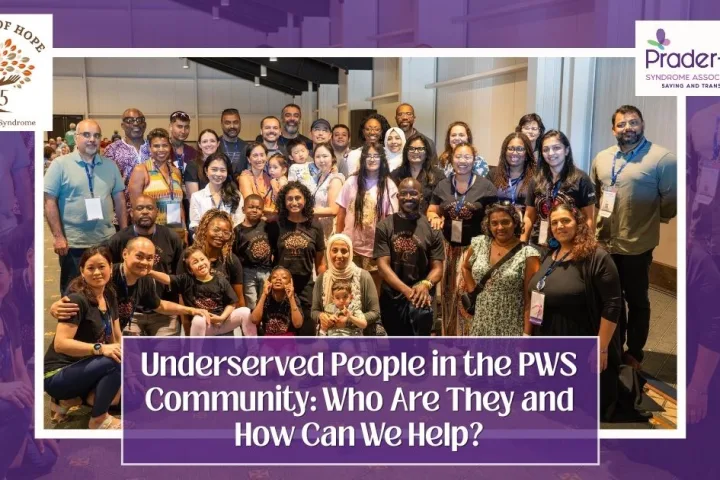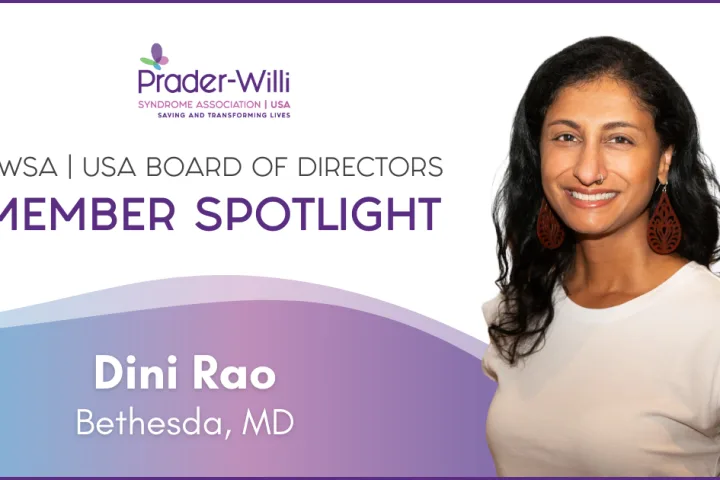Helping Your Grandchildren “Experience” Philanthropy
How often do you hear that today’s generation of children are self-absorbed or one of entitlement? That’s a pretty harsh statement to make, and one that I don’t entirely agree with. I think kids today don’t just want things – they want experiences too!
Children see the needs of the world everyday on the news – earthquakes, floods, fires. They see that we have resources to step in and assist those who are suffering…And, they want to be involved bringing help to those in need. In other words, they want the experience of helping others.
Grandparents can have an important role in sharing the “experience of philanthropy” with their grandchildren. Grandparents: Teach your grandchildren by modeling charitable behavior. Your efforts will help drive home the idea that volunteering and “giving back” are invaluable ways to be part of a community. Take time to explain why the causes you are passionate about are meaningful to you (and encourage them to share causes and ideas they are passionate about too!). Don’t forget to give examples of how your actions will help others not just today, but in the days, months, and years to come.
Your willingness to share the “experience of philanthropy” with your grandchildren is a gift of yourself that will last a lifetime. What’s more, you’ll be empowering a generation of children with the knowledge that they too can help others in a profound way.
Here are a few suggestions to help you share the “experience of philanthropy” with your grandchildren:
- Going on a vacation? Consider a “volunteer vacation,” and travel with purpose! Google it for the endless list of options!
- Did you know that volunteering lowers blood pressure? It’s true! Studies have also shown doing good for others boosts self-esteem and makes you Make it a family tradition to commit to one big family fundraiser a year. Involve your grandchildren in the event.
- Take your grandchildren with you the next time you volunteer:
- Read books with your grandchildren, such as:
- Make a Stand: When life gives you lemons, change the world! By Vivienne Harr
- Boxes for Katje by Candance Fleming
- Sophie’s Lovely Locks by Erica Pelton Villnave
- Adopt a family/Secret Santa for Christmas
- Create a Facebook Fundraiser to “donate” your birthday or other special day to PWSA (USA)
- The possibilities to share the experience of philanthropy with your grandchildren are endless…Ask your grandchildren for their great ideas!
Submitted by Diane Seely, PWSA (USA) Parent Support Coordinator
This article and other free resources are provided by donations to PWSA (USA) Family Support





 Perry A. Zirkel has written more than 1,500 publications on various aspects of school law, with an emphasis on legal issues in special education. He writes a regular column for NAESP’s Principal magazine and NASP’s Communiqué newsletter, and he did so previously for Phi Delta Kappan and Teaching Exceptional Children.
Perry A. Zirkel has written more than 1,500 publications on various aspects of school law, with an emphasis on legal issues in special education. He writes a regular column for NAESP’s Principal magazine and NASP’s Communiqué newsletter, and he did so previously for Phi Delta Kappan and Teaching Exceptional Children. Jennifer Bolander has been serving as a Special Education Specialist for PWSA (USA) since October of 2015. She is a graduate of John Carroll University and lives in Ohio with her husband Brad and daughters Kate (17), and Sophia (13) who was born with PWS.
Jennifer Bolander has been serving as a Special Education Specialist for PWSA (USA) since October of 2015. She is a graduate of John Carroll University and lives in Ohio with her husband Brad and daughters Kate (17), and Sophia (13) who was born with PWS. Dr. Amy McTighe is the PWS Program Manager and Inpatient Teacher at the Center for Prader-Willi Syndrome at the Children’s Institute of Pittsburgh. She graduated from Duquesne University receiving her Bachelor’s and Master’s degree in Education with a focus on elementary education, special education, and language arts.
Dr. Amy McTighe is the PWS Program Manager and Inpatient Teacher at the Center for Prader-Willi Syndrome at the Children’s Institute of Pittsburgh. She graduated from Duquesne University receiving her Bachelor’s and Master’s degree in Education with a focus on elementary education, special education, and language arts. Evan has worked with the Prader-Willi Syndrome Association (USA) since 2007 primarily as a Crisis Intervention and Family Support Counselor. Evans works with parents and schools to foster strong collaborative relationships and appropriate educational environments for students with PWS.
Evan has worked with the Prader-Willi Syndrome Association (USA) since 2007 primarily as a Crisis Intervention and Family Support Counselor. Evans works with parents and schools to foster strong collaborative relationships and appropriate educational environments for students with PWS. Staci Zimmerman works for Prader-Willi Syndrome Association of Colorado as an Individualized Education Program (IEP) consultant. Staci collaborates with the PWS multi-disciplinary clinic at the Children’s Hospital in Denver supporting families and school districts around the United States with their child’s Individual Educational Plan.
Staci Zimmerman works for Prader-Willi Syndrome Association of Colorado as an Individualized Education Program (IEP) consultant. Staci collaborates with the PWS multi-disciplinary clinic at the Children’s Hospital in Denver supporting families and school districts around the United States with their child’s Individual Educational Plan. Founded in 2001, SDLC is a non-profit legal services organization dedicated to protecting and advancing the legal rights of people with disabilities throughout the South. It partners with the Southern Poverty Law Center, Protection and Advocacy (P&A) programs, Legal Services Corporations (LSC) and disability organizations on major, systemic disability rights issues involving the Individuals with Disabilities Education Act (IDEA), Americans with Disabilities Act (ADA), and the federal Medicaid Act. Recently in November 2014, Jim retired.
Founded in 2001, SDLC is a non-profit legal services organization dedicated to protecting and advancing the legal rights of people with disabilities throughout the South. It partners with the Southern Poverty Law Center, Protection and Advocacy (P&A) programs, Legal Services Corporations (LSC) and disability organizations on major, systemic disability rights issues involving the Individuals with Disabilities Education Act (IDEA), Americans with Disabilities Act (ADA), and the federal Medicaid Act. Recently in November 2014, Jim retired.